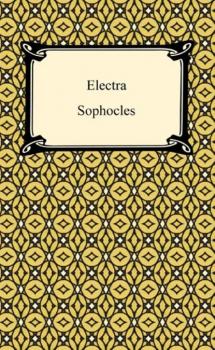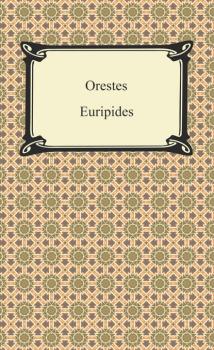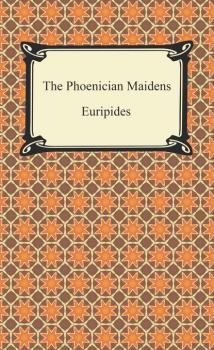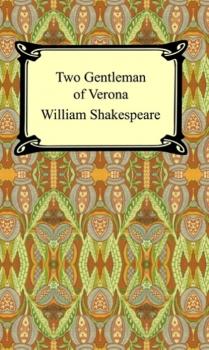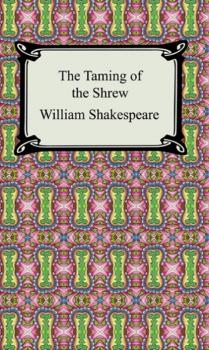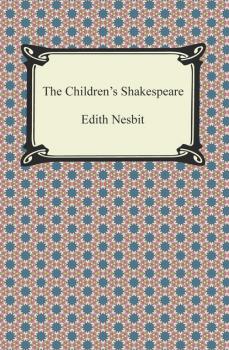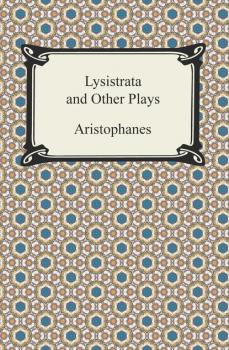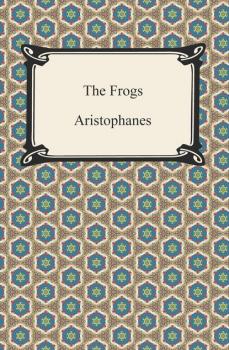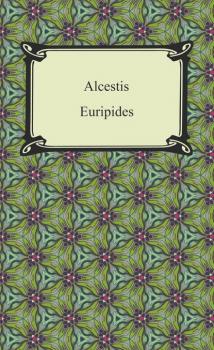Античная литература
Различные книги в жанре Античная литератураElectra
One of the lesser known plays of the Greek tragedian Sophocles, «Electra» tells the tale of a young daughter's revenge for her father's death. Electra is one of the daughters of Agamemnon, the leader of the Greeks during the Trojan War. He was killed by his wife's lover, and Electra wishes to avenge Agamemnon with the help of her twin brother Orestes. When she receives word that he is dead, Electra laments and fears she will not be able to avenge her father. When the man delivering her brother's ashes arrives, however, secrets are uncovered and Agamemnon's killers feel the full weight of the grieving children's revenge.
Orestes
Euripides (480 BC-406 BC) is revered as one of the three great tragedians of classical Athens, along with Aeschylus and Sophocles, and produced the largest body of extant work by any ancient playwright. He is considered to be the most modern of the three, and his works laid the foundation for Western theatre. His writing sticks out from that of his contemporaries because of his colloquial vocabulary, meter and syntax, distinct from the grandiose language of his predecessors. In writing «Orestes» (408 b.c.e.), Euripides utilized the mythology of the Bronze Age to reflect upon the politics of Athens during the Peloponnesian War. The story takes places after Orestes has murdered his mother to avenge his father, Agamemnon, and follows him as he attempts to save his own life. The play explores themes of man's subordination to the gods and the conflict between natural law and man-made law.
The Phoenician Maidens
Euripides turned to playwriting at a young age, achieving his first victory in the dramatic competitions of the Athenian City Dionysia in 441 b.c.e. He would be awarded this honor three more times in his life, and once more posthumously. His plays are often ironic, pessimistic, and display radical rejection of classical decorum and rules. Together with Aeschylus and Sophocles, Euripides would provide the canon of Greek tragedy and thereby lay the foundation of Western theatre. «The Phoenician Maidens» was written between 411 and 409 b.c.e., and is named for the play's Chorus, which is composed of Phoenician women who are accidentally trapped in Thebes by war. The play was very popular in the later Greek schools for its action and graphic descriptions. It tells the story of Polynices and Eteocles, the sons of Oedipus, and their fight for the crown of Thebes.
Two Gentlemen of Verona
William Shakespeare's «Two Gentleman of Verona» is one of the playwright's classic romantic plays. It is the story of two gentlemen from Verona, Valentine and Proteus and their competition for the love of two different women, Julia and Silvia. «Two Gentleman of Verona» is a light-hearted drama with a happy ending.
The Taming of the Shrew
"The Taming of the Shrew" is one Shakespeare's finest comedic efforts. It is the tale of Lucentio who is in love with Bianca, unfortunately Bianca already has two other suitors and her father will not let her marry until her older ill-tempered sister, Katherine, is married. The second problem is remedied when Petruchio comes to town in search of a wife. Only interested in her money, Petruchio marries Katherine and returns with her to his country house to «tame» her, a task that Petruchio is soon to discover is easier said than done.
The Sonnets (Shakespeare's Sonnets)
"The Sonnets" of William Shakespeare are a collection of 154 loosely connected 14 line poems. Considered by many to be among some of the greatest love poetry ever written much debate surrounds the context of the poetry. It has been suggested that the work may be semi-autobiographical but no real evidence firmly supports this notion. Regardless of their context, «The Sonnets» can be appreciated individually or as a whole as examples of William Shakespeare's true literary genius.
The Children's Shakespeare
During her career popular children's writer Edith Nesbit collaborated on over sixty books of fiction for children. In «The Children's Shakespeare» she turns her attention to a series of interpretations of William Shakespeare's works. These retellings of Shakespeare's plays are written in a way that can be easily understood by and entertaining to young readers. «Beautiful Stories from Shakespeare» includes retellings of the following plays: «Romeo and Juliet,» «The Tempest,» «A Midsummer Night's Dream,» «King Lear,» «Cymbeline,» «The Taming of the Shrew,» «Hamlet,» «Twelfth Night,» «As You Like It,» «Pericles,» «The Merchant of Venice,» and «The Winter's Tale.»
Lysistrata and Other Plays
Greek playwright Aristophanes spins wonderful stories combining politics, satire, and classic Greek gods in this collection of «Lysistrata and Other Plays.» «Lysistrata» focuses on the women of Greece whose husbands leave for the Peloponnesian War. The women do not care about the war as much as they care about missing their husbands; Lysistrata also insists that men rarely listen to women's reasoning and exclude their opinions on matters of the state. In retaliation, the women of Greece organize a strike, refusing to give their husbands sex until both sides agree to cease fighting. What makes the play tongue-in-cheek is that the men become more upset with their wives than they do with their enemies of war. It was also notable due to its positive portrayal of a woman's rationality in a male-dominated society. Its comedic portrayal of the dumbfounded men has made it a favorite of theatre lovers for years. The other plays, «The Clouds» and «The Acharnians,» are both remembered for their absurd humor and their importance to the Greek theatre. Aristophanes' intelligence and wit is present in all of his works, and the plays contained in «Lysistrata and Other Plays» will captivate and entertain readers for many more years to come.
The Frogs
Along with Sophocles and Euripides, Aristophanes is considered one of the three great Greek playwrights. Only eleven of his nearly forty plays survive in their entirety to this day. «The Frogs» was produced the year after the death of Euripides, and laments the decay of Greek tragedy which Aristophanes attributed to that writer. It is an admirable example of the brilliance of his style, and of that mingling of wit and poetry with rollicking humor and keen satirical point which is his chief characteristic. Here, as elsewhere, he stands for tradition against innovation of all kinds, whether in politics, religion, or art. The hostility to Euripides displayed here and in several other plays, like his attacks on Socrates, is a result of this attitude of conservatism. The present play is notable also as a piece of elaborate if not over-serious literary criticism from the pen of a great dramatist.
Alcestis
Euripides, along was Sophocles and Aeschylus, is responsible for the great rise of Greek tragedy. It was in the 5th Century BC, during the height of Greece's cultural bloom, that Euripides lived and worked. Of his roughly ninety-two plays, only seventeen tragedies survive. Both ridiculed and lauded during his life, Euripides now stands as an innovator of the Greek drama. His play «Alcestis» was awarded second place upon its debut in 438 at the Festival Dionysia, the litmus test and judging grounds for Greek tragedy of the day. «Alcestis», the oldest of his extant plays, examines love, death, and marriage. The play follows Apollo, Admetus, and Heracles as they struggle to save Admetus' beloved wife Princess Alcestis from thanatos (death) in Hades. The play is now considered a problem play due to its difficult categorization between tragedy and comedy. «Alcestis» continues to stir debate and discussion and remains one of Euripides most fascinating works.
